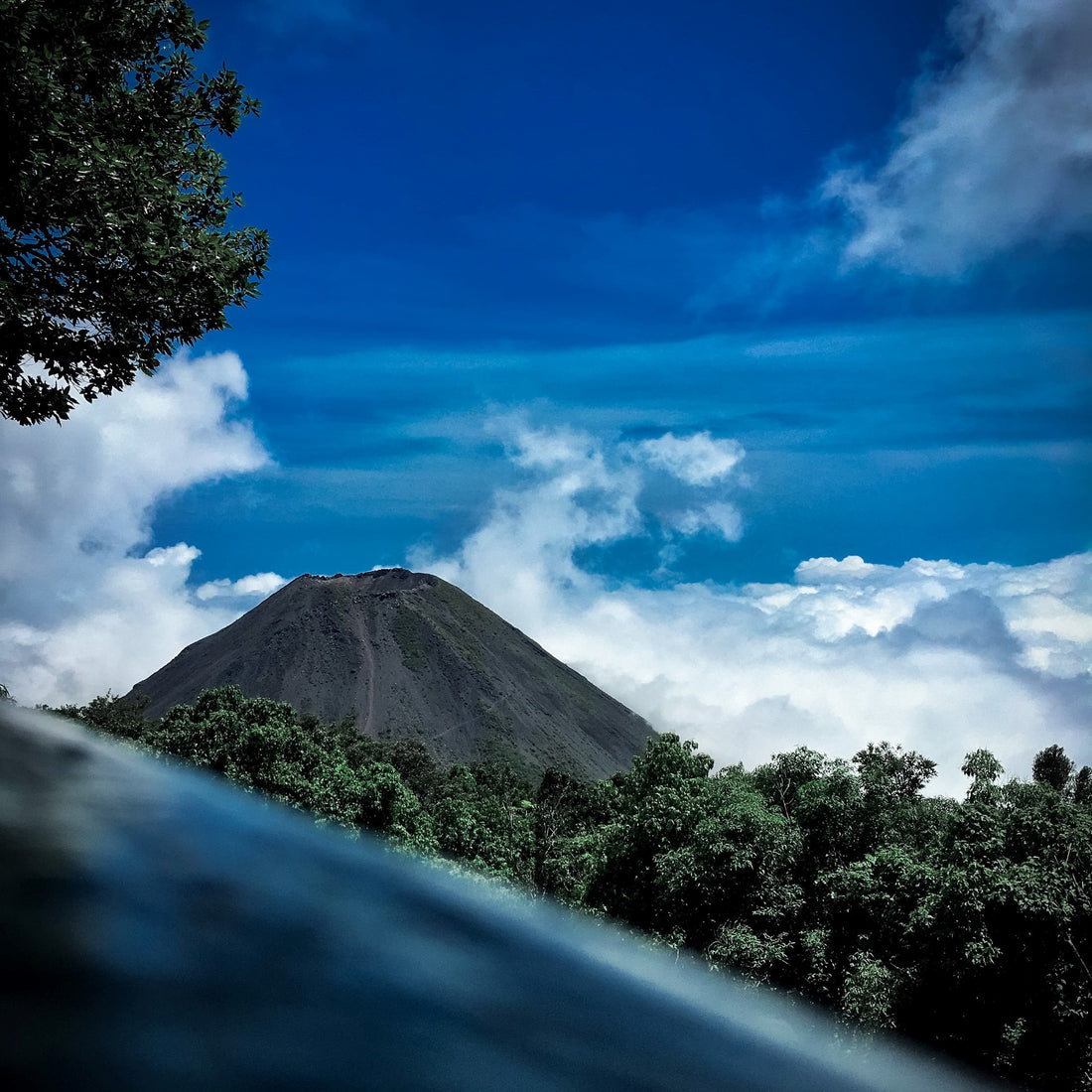
El Salvador: the political influence of coffee
Share

In 2021, El Salvador became the very first country to adopt Bitcoin as legal tender. This made it very famous on the internet. A country that otherwise doesn’t receive a lot of attention from the rest of the world… Except when it comes to coffee, of course.
In reality, El Salvador has been a big name in the world of coffee for more than a century. Its history is very interesting and could very well be the subject of a documentary. It all started back in the 19th century…
History of coffee in El Salvador
If you happen to know something about the history of coffee, you’ll know that coffee was brought over by the Spanish in the 17th and 18th centuries. Coffee was nowhere to be found here but, back in Europe, it was the favorite drink of just about everyone— particularly those with money. So, coffee plantations were immediately set up in those countries with the adequate climate.
While El Salvador definitely had the perfect climate for growing coffee, there was already another cash crop to be found here: the indigo flower, from which a deep blue dye could be made. This dye was beautiful (and costly!) and was very sought-after in Europe, so there wasn’t any time for growing coffee.
This all changed rather abruptly, however, during the 19th century. Advances in science meant that artificial dye could be made easily, for cheap, right there in Europe. Seemingly overnight, the demand for this plant disappeared. And the thousands of farmers that depended upon this crop had no idea what to do.
That’s when a British entrepreneur saw a chance. The climate was ideal for coffee, so he invested in many coffee farms. These proved to be very profitable and very soon all these experienced hands that had been growing indigo for generations made coffee their life.
The fourteen families
Business was booming. The indigenous people from El Salvador were incredibly skilled farmers and harvests were so efficient that, at one point, El Salvador was the world’s most prolific coffee producer.
But a situation was brewing. Coffee had become the whole nation’s breadwinner and, during the 20th century, coffee accounted for 90% of the GNP.
That meant that the country’s economy became monopolized. Farmers now had little choice but to grow coffee, and even though the profits were off the charts, they became poorer each year. Plantation owners, however, were becoming obscenely rich. There were fourteen families that controlled most of the coffee plantations and, therefore, a lot of the country’s economy. This situation obviously resulted in a lot of social tension. This only fueled the flames of a country that was going through a lot of internal power struggles. The 20th century saw wars, coups, civil wars, uprisings… And they were all, in great part, influenced by coffee.
Luckily, the economy was able to be diversified and coffee today only takes up around 10% of El Salvador’s economy— and while the influence of the coffee industry is still a very real, palpable ghost that haunts the economy and politics, it is in no way the ultimate power that it once was.
Salvadoran coffee
Up to this point, we don’t really know anything about the coffee itself. What is Salvadoran coffee like?
Salvadoran coffee is lively, bright, and more often than not has a flavor profile that is full of nature: tasting notes of fruits and spice with a floral aroma. It is also naturally sweet with a hint of honey, and chocolate. It can be described as bright and sweet.
All in all, Salvadoran coffee has a round body and it is a great coffee to drink both black and with plenty of milk. It should be noted that a lot of Salvadoran coffee is exported to South American countries like Colombia and Brazil, which greatly appreciate the flavor of this coffee even though they produce quite a lot of fine coffee themselves.
While tasting notes may vary depending on the particular region, Salvadoran coffee tends to have a full body and medium acidity— making it ideal for all sorts of occasions. Coffee from El Salvador is quite unique both because of its turbulent history and its wonderful flavor.
